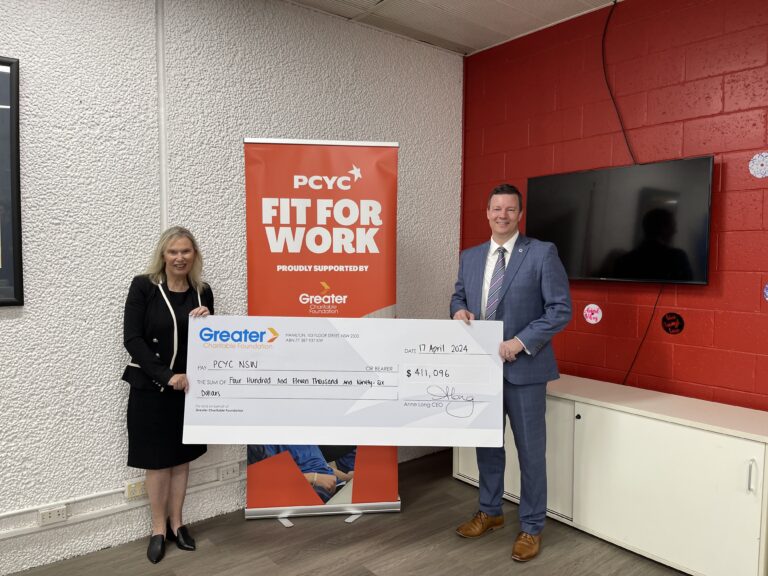Cash flow is the lifeblood of any business. Your profits may be strong and your outlook good, but if you experience cash gaps between delivery and payment, it can inhibit your business’s ability to invest, exploit larger opportunities, or simply manage day-to-day costs.
Invoice finance (also known as debtor finance, invoice discounting, factoring, cash flow finance or receivables finance) is a funding solution where a business sells one of more current invoices to a financier to secure cash flow, without the requirement of real estate security. Invoice financing is a strategic and versatile cash flow funding tool and is used by start-ups to larger businesses.
Some examples of where invoice financing is a great solution are:
- If a business is new or growing – without a credit history it can be a challenge to secure bank finance. Invoice financing lends based on the health of a business and the value of outstanding invoices.
- The bank says “not without real estate security” – often business owners do not want to use or do not have any personal real estate to use as security against a business loan. If equity in real estate is available, the astute investor will quickly determine that investing in positive cash flow property (for example some commercial properties) and utilising leverage will result in their ability to access much more funds (through the right providers) than they would if the equity was used as security for a facility such as an overdraft. It’s a case of utilising the correct “tool” for the job.
- If customers take a long time to pay, or are late to pay – this can quickly absorb a business’s cash reserves, making it hard to even manage the day-to-day expenses. Invoice financing can release funds tied up in unpaid invoices.
There are many providers of invoice financing solutions and unlike banks, they are not regulated nor are their products essentially similar. As such, it is vital that you understand:
- What does your business need? What level of funding is required and for how long? Do you need the flexibility of no lock-in contracts, no debtor concentration limits, and funding based on invoice values rather than pre-set limits? Will the facility grow with your business?
- What are you being offered? Be sure to read and understand any contract presented to you. Hidden fees are a common complaint from businesses which did not take the time to understand the facilities offered. It is also not uncommon to find early termination fees included in lock-in contracts – I have come across termination fees of six figures within two weeks of applying for a facility and without any finance provided!
Only apply for a facility once you understand what it is your business needs and what you are being offered. Again, it is very much a case of finding and utilising the right tool for the job. When the right facility is chosen and utilised correctly, invoice financing can not only help your business survive cash gaps, it can boost your business’s growth.





